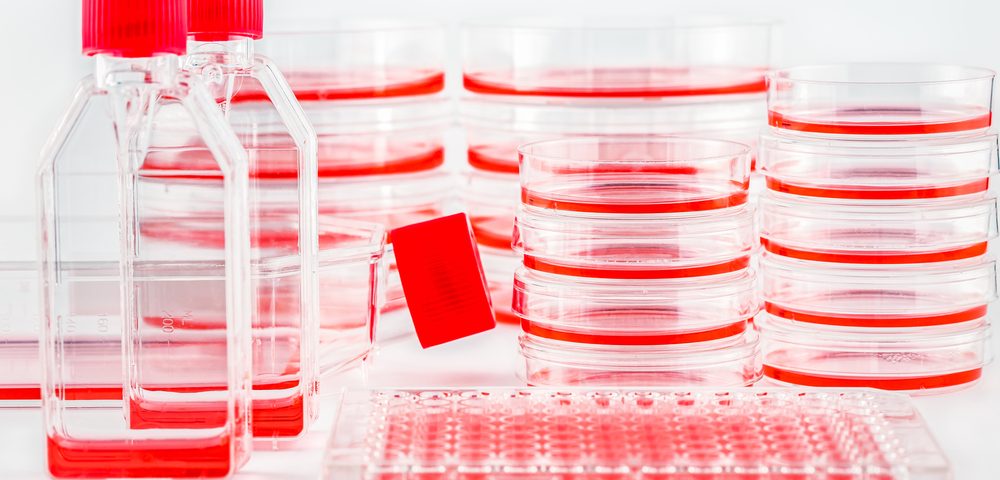Natural killer T-cells (NKT) are important in immunotherapy due to their ability to effectively localize to tumor sites and attack cancer cells. Their clinical application, however, has been hampered by a lack of insight into the mechanisms that govern NTK cells’ expansion ex vivo (outside the body) and their survival in vivo.
In the study, “CD62L+ NKT cells have prolonged persistence and antitumor activity in vivo,” published in the Journal of Clinical Investigation, researchers identified a new marker, CD62L, that is required for the ex vivo expansion of these cells and for their in vivo persistence following injection in mice.
“NKT technology is quite powerful and offers a significant potential for treatment of cancer, including solid tumors,” Dr. Leonid Metelitsa, the study’s senior author and a professor of pediatrics at Baylor College of Medicine, said in a press release. “But for it to be most effective, we have to find the best way to expand the cells ex vivo while preserving their ability to persist once delivered back to patients. If they can persist in the body for a long time, they have much longer therapeutic activity and this is essential for fighting cancer.”
Previous studies have demonstrated that a specific subset of T-cells characterized by the expression of the surface molecule CD62L, called central memory T-cells, exhibited increased proliferative capacity and therapeutic activity.
The researchers investigated the functional role of CD62L in NKT cells. They found that, although CD62L was expressed at very low levels in freshly isolated NKT cells, when these cells were expanded using technology developed at the Metelitsa lab, they began to express higher levels of this molecule. Interestingly, CD62L-positive cells were found to promote further expansion of NKT cells in culture, but long-term cultured cells started to lose their CD62L expression.
Researchers also found that when NKT cells were engineered to recognize CD19, a molecule expressed in B-cell lymphoma cells, using the CAR technology, only the CD62L expressing cells were able to promote sustained tumor regression in a mouse model of B-cell lymphoma. (CAR, which stands for chimeric antigen receptor, is a type of molecular enhancer.)
To improve the sustained expression of CD62L in NKT cells and to maintain their proliferative and therapeutic potential, the investigators tested engineered co-stimulatory artificial antigen-presenting cells (cells that present a molecule to be recognized by the immune cells) to express other co-stimulatory molecules and improve the immune functions of NKT cells. More than 100 combinations of activator molecules were tested, and the one that induced prolonged persistence and higher therapeutic activity was the combination of the CD1d antigen-presenting molecule with the co-stimulatory molecules CD86, OX40L, and 4-1BBL.
“We have known that costimulation is an important part of immune response and immunotherapy, but in this case we did not know which costimulatory molecules would be important for the expansion and persistence of CD62L-positive NKT cells,” said Gengwen Tian, a research assistant in pediatrics-oncology at Baylor and first author of the study.
Importantly, when NKT cells were expanded with antigen-presenting cells with the optimal combination of co-stimulatory molecules, they had higher therapeutic activity in mouse models of neuroblastoma and lymphoma than NKT cells expanded using the original method.
“Our goal now is to optimize our NKT cell expansion protocol so that we can obtain FDA [U.S. Food and Drug Administration] approval to initiate clinical trials,” Dr. Metelitsa said.


